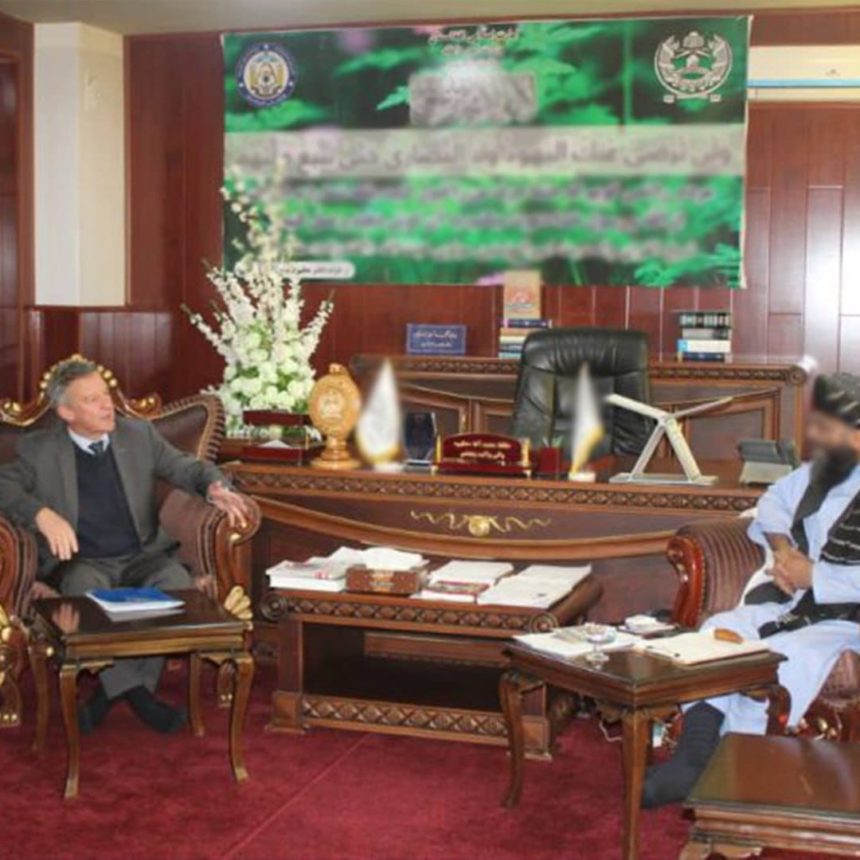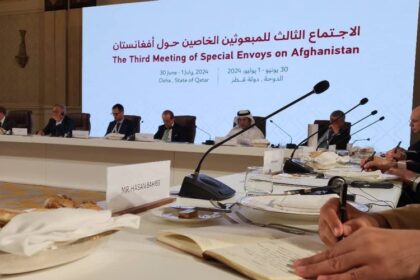RASC News Agency: Markus Potzel, the Deputy Special Representative of the United Nations Secretary-General in Afghanistan, recently highlighted the exhaustion of the Afghanistani people due to ongoing war. During his visit to Panjshir province on November 17th, Mr. Potzel conducted an assessment of the human rights situation, security conditions, and strategies to provide assistance to the people of Panjshir. He emphasized the crucial importance of granting the Afghanistani people the freedom to determine their own way of life. “I firmly believe that the population has grown weary of lawlessness and chaos, and they no longer desire war and instability,” stated the Deputy Special Representative of the United Nations Secretary-General in Afghanistan. “It is imperative that we afford them the opportunity to shape their own destiny and choose the way they wish to live.”
In a meeting with local Taliban officials in Panjshir, Mr. Potzel further underscored the necessity of removing specific Taliban directives to enhance the provision of aid in Afghanistan. He expressed, “We have also appealed to the UN Security Council to adopt an unbiased perspective, as eliminating certain directives can aid us in delivering greater assistance to you.” Conversely, Mohammad Agha Hakim, the governor of the Taliban group in Panjshir, expressed dissatisfaction with the decrease in human rights aid in the province, despite asserting that the human rights situation has improved compared to the past. He lamented the limited attention received from international organizations and entities involved in human rights and humanitarian aid. Hakim stated, “Panjshir province has been largely overlooked, and we had hoped for greater attention from international organizations in our region. However, this has not been the case.”
Meanwhile, Richard Bennett, the United Nations Special Human Rights Rapporteur for Afghanistan, has consistently voiced concerns regarding the human rights situation in the country, specifically in Panjshir and Daikundi provinces, as well as the Andarab district. His annual report emphasizes the need for increased attention and support in these areas to address the ongoing challenges faced by the Afghanistani population.






